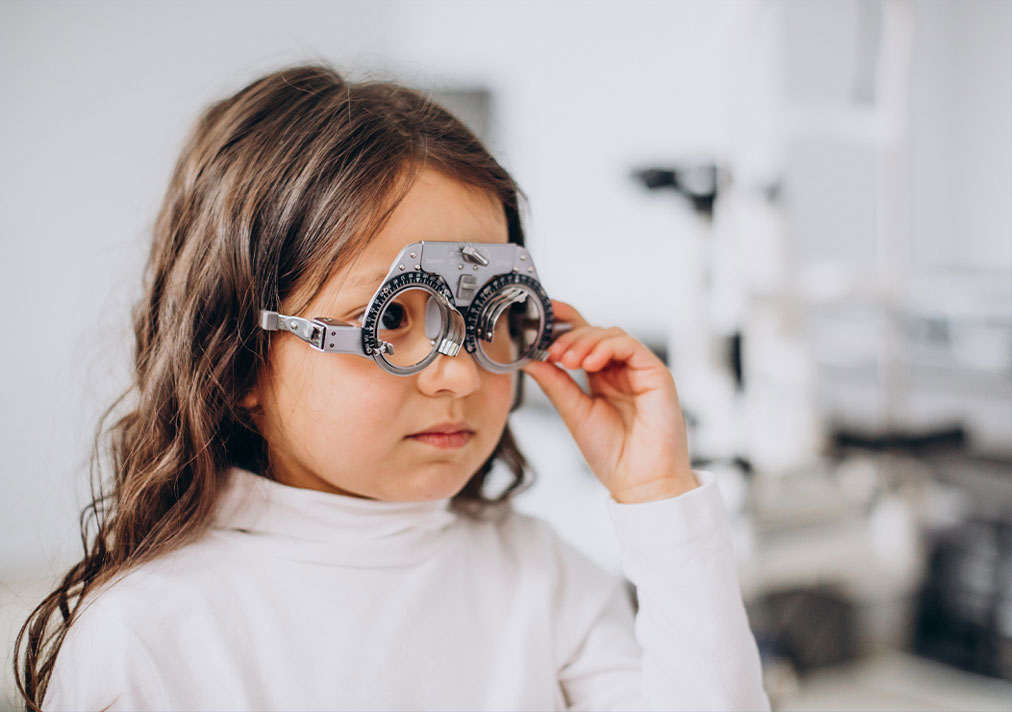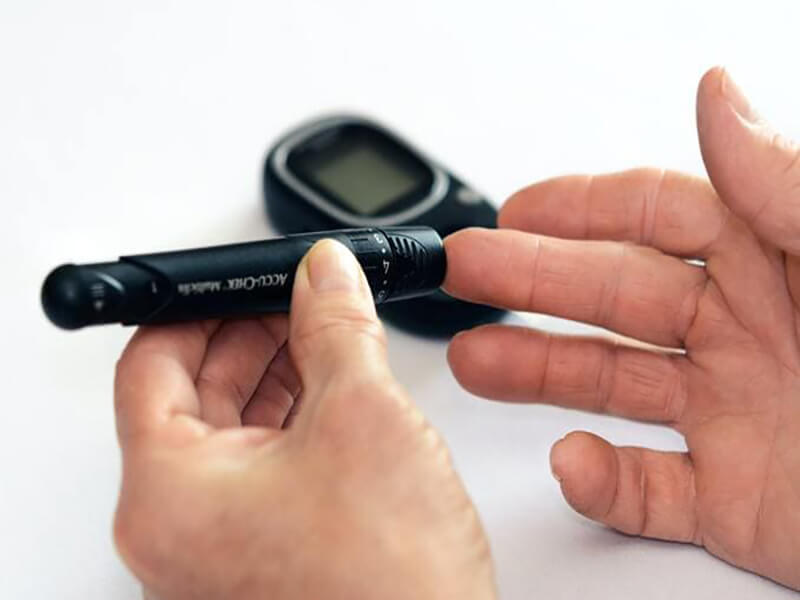For the larger population, Diabetes — mellitus or insipidus, is synonymous with the need to cut down on sweet intake or the necessity to include more exercise in the lifestyle.
How does it harm?
Diabetes is potentially harmful and increases risks for peripheral neuropathy. The blurred vision and floating spots you see can later lead to a couple of serious diseases such as diabetic retinopathy, diabetic macular edema, cataract, and glaucoma.
It is necessary to be cautious from very beginning as irregular blood sugar levels often affect the retina by targeting the blood vessels.
These diseases that we have mentioned before can be easily avoided and all one needs to do is to take a few preventive measures.
- To begin with, manage your blood glucose, blood pressure and cholesterol. These are a part of the diabetes ABC and can harm your eyes, heart, and brain. This is easy to manage through good physical exercise, wholesome eating, and consuming the prescribed medication(s).
- For the second step, quit smoking. Take help from experts or near and dear ones in case you are unable to.
- And for the third and the last step, you should go for a thorough dilated eye examination once a year.
P.S.: Remember to use eye drops as our lifestyle includes increased screen time and digital eye strain is growing exponentially every single day.
What eye diseases does diabetes bring along?
Top few of these problems are:
- Blurry Vision: A slightly blurry vision, thanks to a swelling in the lens, is a sign that your diabetes needs to be controlled. Also, fluctuating blood sugar levels can lead to a frequebt change of glasses! Also, remember to ask the doctor if this can have repercussions for the future.
- Cataract: This is popularly called motiyabind, i.e when the lens gets cloudy. Vision gets blurry accompanied by glare. It makes motor activities like driving, especially night-driving difficult. The doctor will do a minor surgery and replace the cloudy cataractous lens with an artificial one.
- Glaucoma: This is easy to treat if your diagnosis happens early. Early detection is the key, and annual check-ups help to pick up the cases in the initial stages which can be managed effectively with medications, but in certain forms of glaucoma and if detected very late, laser treatment and surgery is indicated for reduction of pressure. Glaucoma happens when either excess of fluid is formed inside the eye (open angle glaucoma) or there is some obstruction to its outflow (angle closure glaucoma), this raised pressure damages blood vessels and nerves inside the eye. Diabetes is s a risk factor for glaucoma, along with hypertension, thyroid disorder, stroke, heart diseases amongst others. So, headaches and eye aches, watery eyes, vision loss, etc., should be immediately reported.
- Diabetic retinopathy: This is caused by persistently high blood sugar. Both abnormal blood sugar levels and the duration of diabetes determine the risk of retinal damage due to diabetes. Type 1 patients usually require an insulin pump or regular insulin injections for controlling their blood sugar levels, while Type 2 can be managed with oral medications, at least in the initial years of the disease. As type 1 diabetics have to live for a longer duration with the disease, the risk of diabetic retinopathy in such patients is higher that Type 2 patients. Diabetic retinopathy may manifest as:
- Background retinopathy: It might not cause blindness, but with time, it can progress to a more vision disabling form of retinopathy.
- Maculopathy: Macula, is the most sensitive part of Retina that helps you with motor activities like reading, driving, etc. But high sugar levels can damage it and cause maculopathy. How soon it is diagnosed determines the degree of reduction in the swelling feasible. It usually requires injections and laser treatment for cure.
- Proliferative retinopathy: This is most dangerous as it causes permanent vision loss. Try not to let the cells at the back of the eye bleed and get damaged, which then causes the retina to go deeper and detach. Surgery and laser treatment can help, but post treatment eye tests should be regular.
But worry not… Eye-Q is here for you!
But these are COVID times. Yes. The Indian Journal of Ophthalmology, in its guidance, has suggested people to opt more for teleconsultation. Problem solved, Eye-Q has ophthalmology hospitals in Delhi, Haryana, Uttar Pradesh, Uttarakhand, and Gujrat, we with our panel of renowned doctors have extended tele-consultation services also. Pandemic or lack of decent facilities is bridged through this service.
Just call or say ‘Hi’ on WhatsApp on 7824810800. Book an appointment over the call or the WhatsApp, pay online for the consultation, and avail expert advice. With more than 11 years of dedicated service to keep your eyes shining bright and help with glaucoma treatment, retina correction, LASIK, cataract surgery, or even vision services.
We are dedicated and more than 50 lakh loyal patients are proof!


